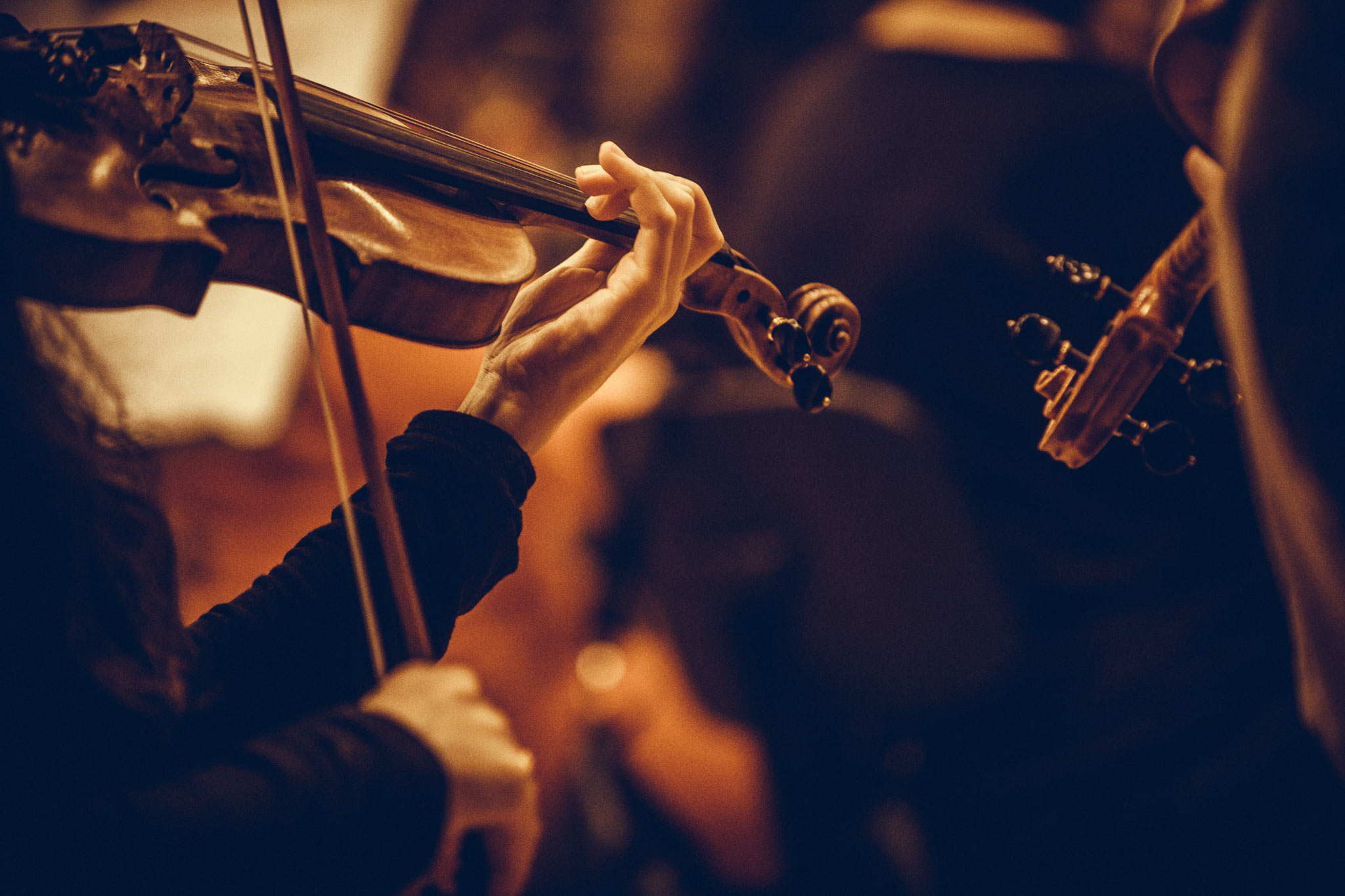Aria Chen stood at a crossroads in the bustling metropolis of New York City. A virtuoso violinist, she had always been told that the orchestra was everything, that the collective harmony trumped individual brilliance. But deep down, a voice whispered that there was more to her story.
The Inner Conflict Aria’s fingers danced across the strings during rehearsals, her soul yearning to break free from the ensemble’s rigid structure. Her conductor, Mr Blackwell, noticed her restlessness. “Remember, Chen,” he’d say sternly, “there’s no ‘I’ in the orchestra.” But for Aria, there was an ‘I’ in violin, music, and passion.
The Turning Point Aria Chen decided on one fateful evening as the New York Philharmonic prepared for their season opener. She deviated from the score during Tchaikovsky’s Violin Concerto, infusing the piece with her improvisations. The audience gasped, then fell silent, enraptured by her daring performance. Mr Blackwell was livid. “You’ve ruined the piece!” he hissed backstage. “You’ve put yourself before the team.”
The Revelation But as Aria stood there, absorbing the criticism, she realised something profound. By expressing her true self, she elevated the entire performance. The standing ovation that followed was unlike anything the orchestra had ever received. “Sometimes,” Aria Chen said softly, meeting Mr Blackwell’s gaze, “by allowing individuals to shine, we create a brighter light for all.”
The New Harmony In the weeks that followed, a shift occurred. Mr Blackwell, initially resistant, began to see the value in allowing soloists more freedom. The orchestra’s performances became more dynamic and more alive. They weren’t just playing notes; they were telling stories.
Aria Chen had shown that expressing oneself didn’t have to come at the team’s expense. Instead, it could be what propelled the entire group to new heights. As she took centre stage for their next performance, Aria smiled. She had found her voice and, in doing so, had helped the orchestra find its soul.
Source: Unknown



